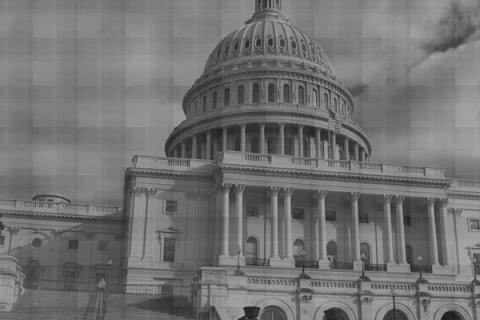In one of the more contentious issues in the United States today, a federal court struck down the Illinois concealed carry ban, the last state without some form of a concealed carry permit. The state legislature now has 180 days to write a law of its own.
Concealed carry, an important issue among gun-rights advocates, would allow gun owners to carry their weapons, often a handgun, in a holster on or near his or her body. A concealed carry permit is usually accompanied by a training course.
Among concealed carry proponents, the issue is a matter of defending oneself outside the home because criminals can strike anywhere. Its opponents contend that increased gun ownership leads to increased violence and concealed carry only exacerbates the likelihood that a domestic dispute will escalate to include fatalities.
Gun control advocates like Illinois Attorney General Lisa Madigan, a Democrat who is often mentioned as a future candidate for US Senate or governor, face a decision about what to do next. The state legislature will soon begin crafting legislation while the attorney general has the option of appealing to the US Court of Appeals.
Illinois governor Pat Quinn, also a Democrat, plans to let Madigan make the decision about appeal, but said he wants "reasonable restrictions," which would include prohibiting people with a history of mental illness from obtaining concealed carry permits. Quinn also seeks a ban on "military-style assault weapons."
Gun control is a unique issue in Illinois in part because of the geography of the state. Stretching from north to south, Illinois is greatly influenced by Chicago Democrats like Madigan who favor strong gun control, but downstate Democrats in more conservative parts of the state tend to favor less gun control.
By appealing to a higher court, Madigan risks alienating a constituency she may need if she plans to move up in Illinois politics.
The state legislature still has the option of writing stringent legislation that may still effectively ban concealed carry in Illinois. House Majority Leader Barbara Flynn Currie replied to the ruling, "The proponents of concealed carry have not yet carried the day" and in the other 49 states in which concealed carry exists, there are different classes.
One is "Unrestricted," in which there are basically no restrictions and weapons may even be carried openly. There are also "Shall-Issue" and "May-Issue" states where there are varying levels of discretion given to state and local governments to issue concealed carry permits that includes rejecting certain individuals.
Illinois' gun control advocates urge the legislature to adopt a permit like the one in New York state, which is notoriously stingy in its distribution of permits.
Depending on the source, Illinois ranks fairly high in terms of gun violence, so it remains unclear what effect the defeated concealed carry ban will have. However, the ruling almost guarantees that the debate will continue.

